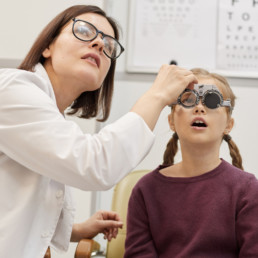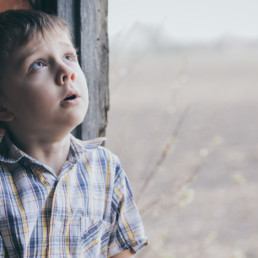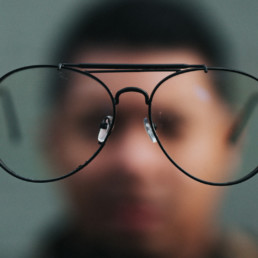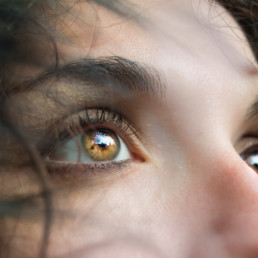Seeing in 3D – importance of depth perception
Even though you don’t think about it often, you live in a 3-dimensional world. You are able to avoid bumping into your furniture only because you can tell how far the couch is from where you’re…
0 Comments7 Minutes
The eyes can look normal but a difficult type of amblyopia to detect
Diagnosing any child is especially challenging and depends on the type of amblyopia. Since a child is usually not able to tell us what they are experiencing, as a parent it’s important to be on a…
0 Comments10 Minutes
Seeing and Learning – Visual deprivation leading to three types of amblyopia
Amblyopia, also commonly known as “lazy eye”, refers to a reduction in vision. Unlike other visual disabilities, amblyopia is not directly linked to a problem with the brain’s structure. In other…
0 Comments7 Minutes
A walk through the park- Sensory Processing Disorders
It’s a Sunday afternoon and you’re taking a walk through the park. You listen to the birds singing in the trees above, and as you try to avoid a speeding cyclist, a group of children runs past you…
0 Comments6 Minutes
Beauty is in the brain of the beholder
If you ask your child to draw “seeing”, they are most likely to draw a pair of eyes. This is because from early childhood, we are taught to link vision with our eyes. Beauty is in the eyes of the…
0 Comments5 Minutes
The similar in the different: Amblyopia and Strabismus
When Emily turned three, her parents noticed that her left eye sometimes appeared to be looking in a different direction and usually inwards. They would later explain to their family doctor that it…
0 Comments5 Minutes







